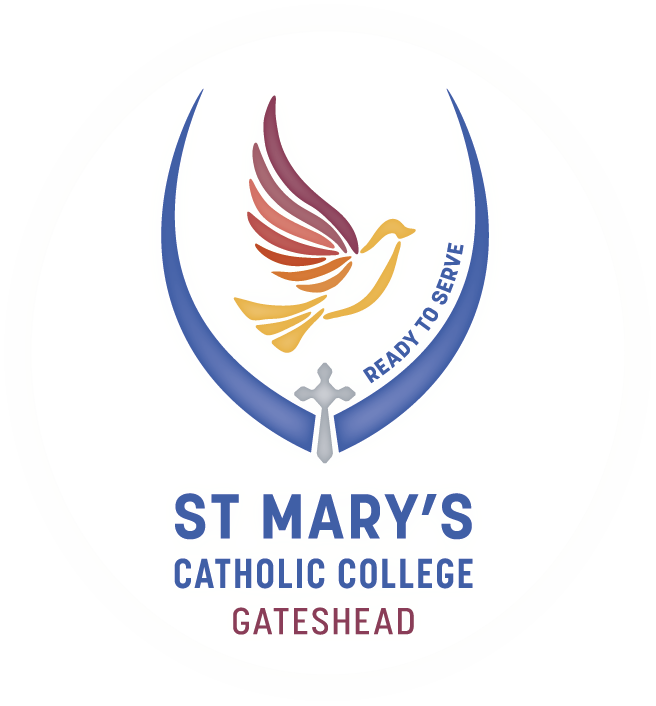Learning Technology & BYOD
Computer technology is ubiquitous in the lives of our students – online data stores, mobile communications and social networking are woven into their day-to-day activities. It is clear that students are already interested and engaged in using technology. This creates many amazing opportunities for schools and teachers to benefit from integrating technology into the classroom, making teaching and learning more effective.
ICTs will continue to be a significant part of our future as it connects itself to more and more parts of our lives. It will continually evolve and change because as consumers we all like a choice. We like to use ICT for personal growth, creativity, and joy, consumption, and wealth (Semenov, 2005).
St Mary’s Catholic College, Gateshead, is a bring your own device school (BYOD). The college has developed guidelines for parents/carers that are contained in our BYOD policy (see the link below). It is hoped that the use of personal devices at school will deepen learning, assist with the development of independent learning, and prepare students for future vocational experiences.
Students are required to sign a User Agreement that sets out how the device can be used at school. The school’s Leader of Pedagogy DIAL (Digital Innovation & Learning) and the IT support officers, are available to provide assistance. However, the college does not manage, own, insure or offer warranty for the device. While at school, filtering devices will limit student access to certain websites, but it is important that some type of internet security software protection is purchased and installed.
The BYOD program enables students to move between physical and digital texts, and teachers to share resources across all class groups. This brings rich learning experiences to all students. St Mary’s Catholic College is committed to assisting students and staff in creating a 21st-century learning environment. Students and staff are able to access our wireless network with their personal devices during the day. With classroom teacher approval, students may use their own devices to access the internet and collaborate with other students.
There are minimum specifications that have to be met to ensure the device will be adequate for the school's network and that students will be able to complete all necessary tasks. Again, more information is contained in the BYOD policy (it also includes a list of FAQs). As a guide, please adhere to the following minimum specifications.
- The device needs to have Wi-Fi of at least 802.11n or better.
- The battery life of the device should be capable of lasting six hours minimum of constant use without charge. Obviously, over time the battery life does decrease.
- Devices must have a minimum of 128Gb storage and 4Gb RAM (but ideally more). Students have access to OneDrive, which gives them a large amount of cloud storage.
- The screen size of the device (measured from bottom left corner to top right corner) should be greater than 10 inches (25.5cm).
Information regarding Apple Macs is also found in the policy but please note, iPads and Chromebooks DO NOT meet the minimum specifications.
When purchasing a device, it is not necessary to buy Microsoft 365 (Office) software/licences as all students enrolled in our diocesan Catholic schools receive free access to this suite.
A detailed program has been developed to assist our Year 7 and newly enrolled students transition into this BYOD program. However, if at any time students are experiencing difficulties, there is quality support available.
